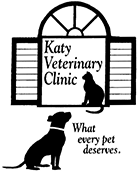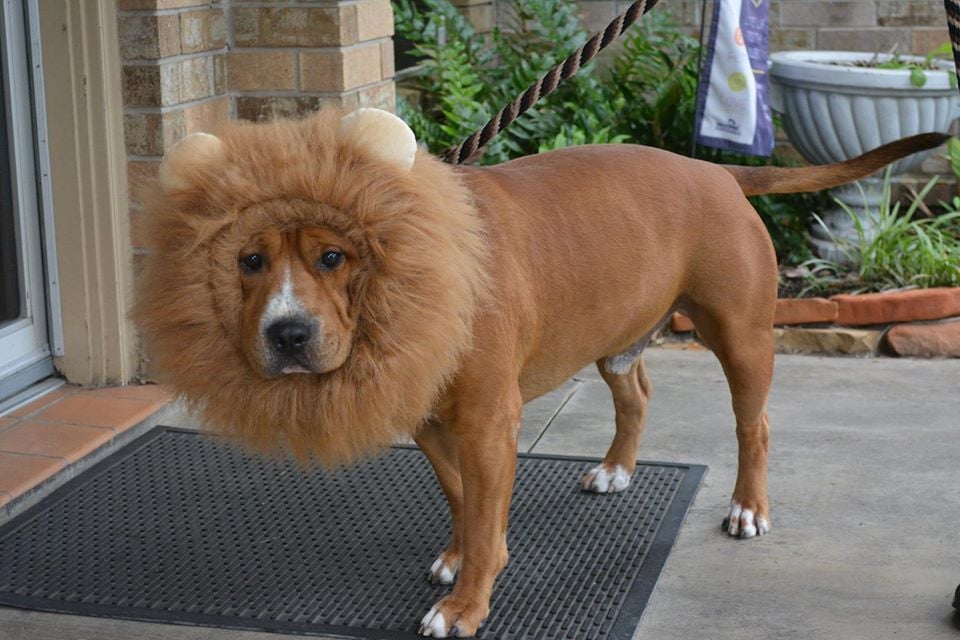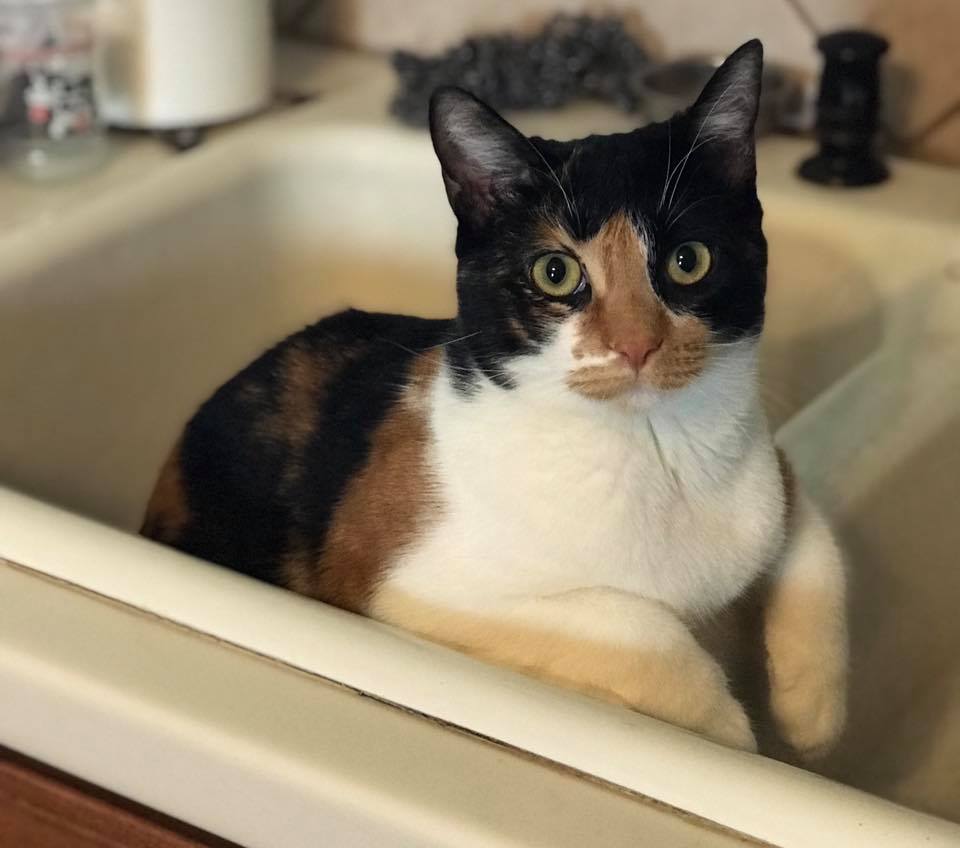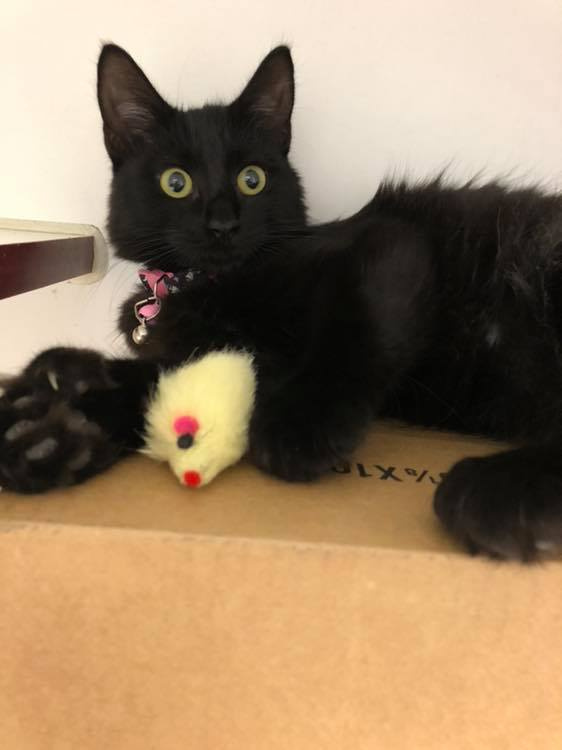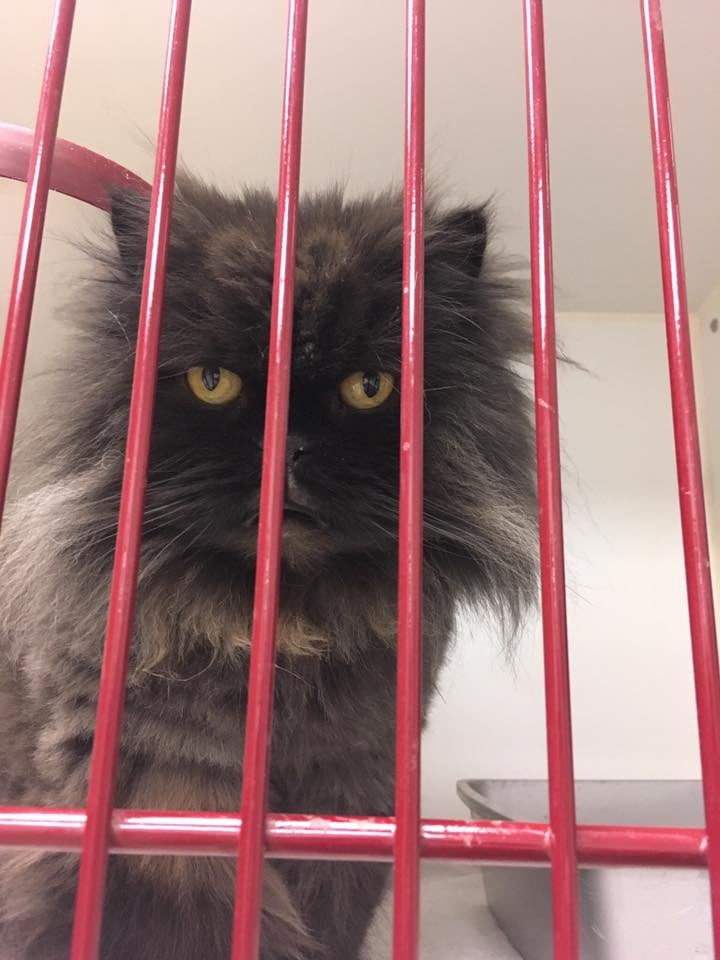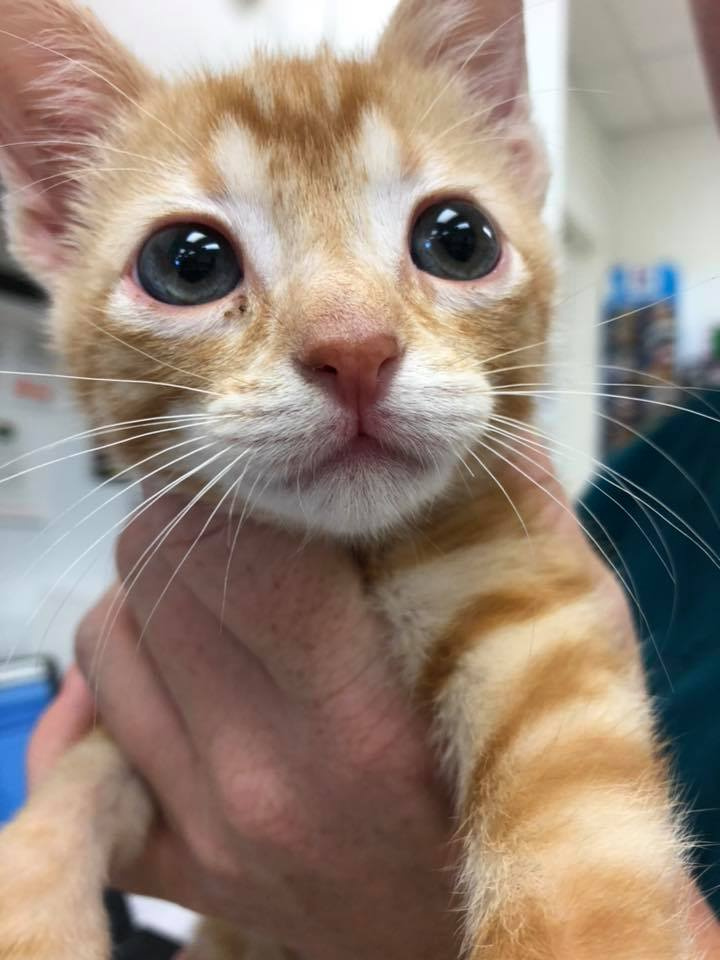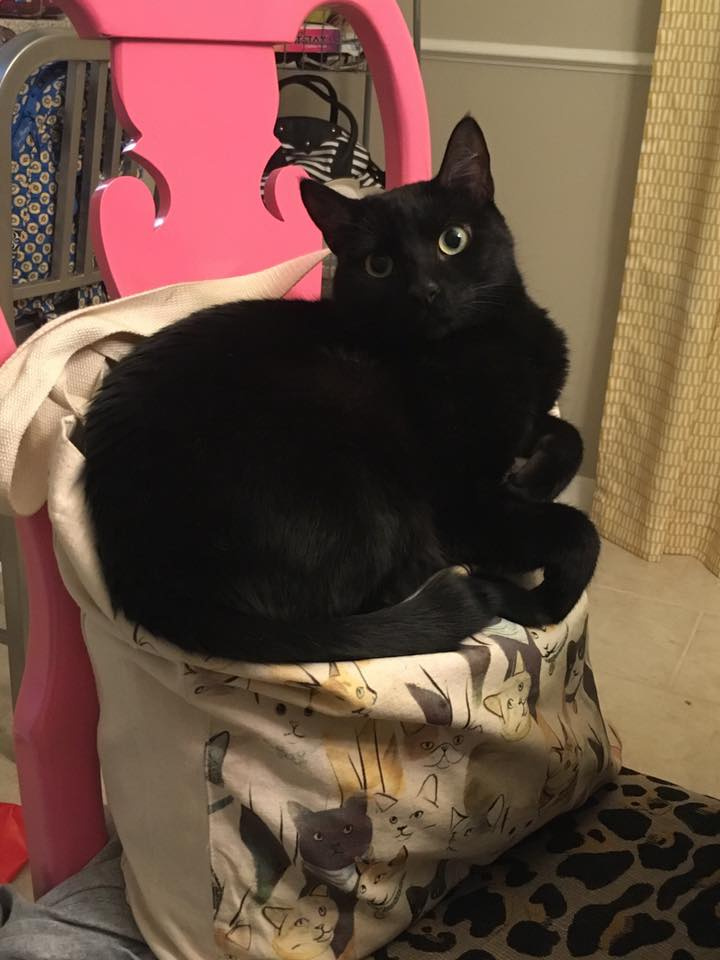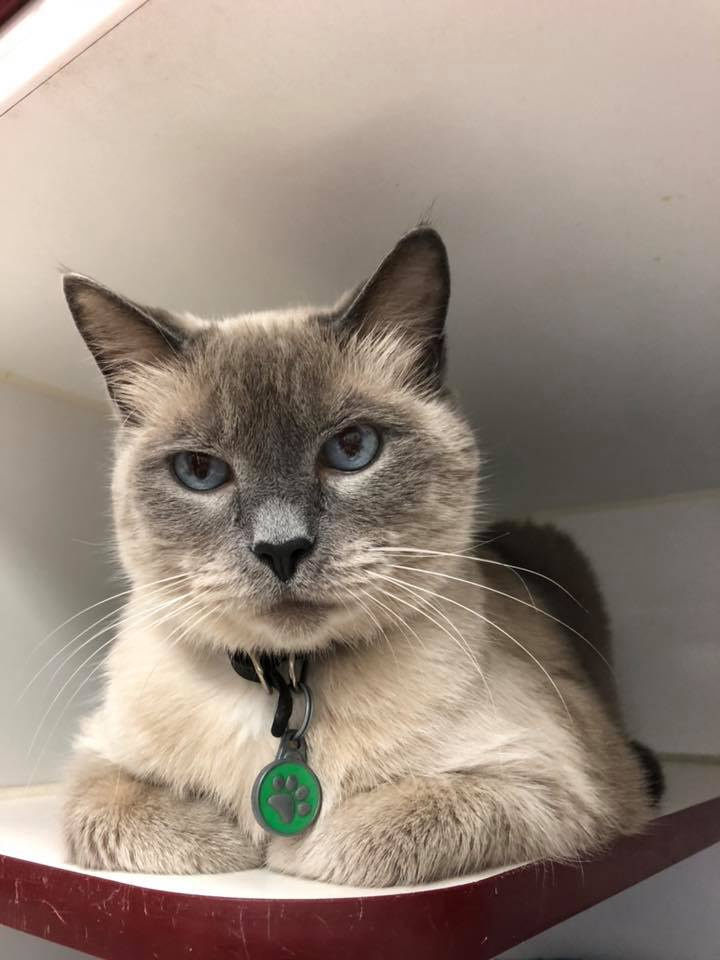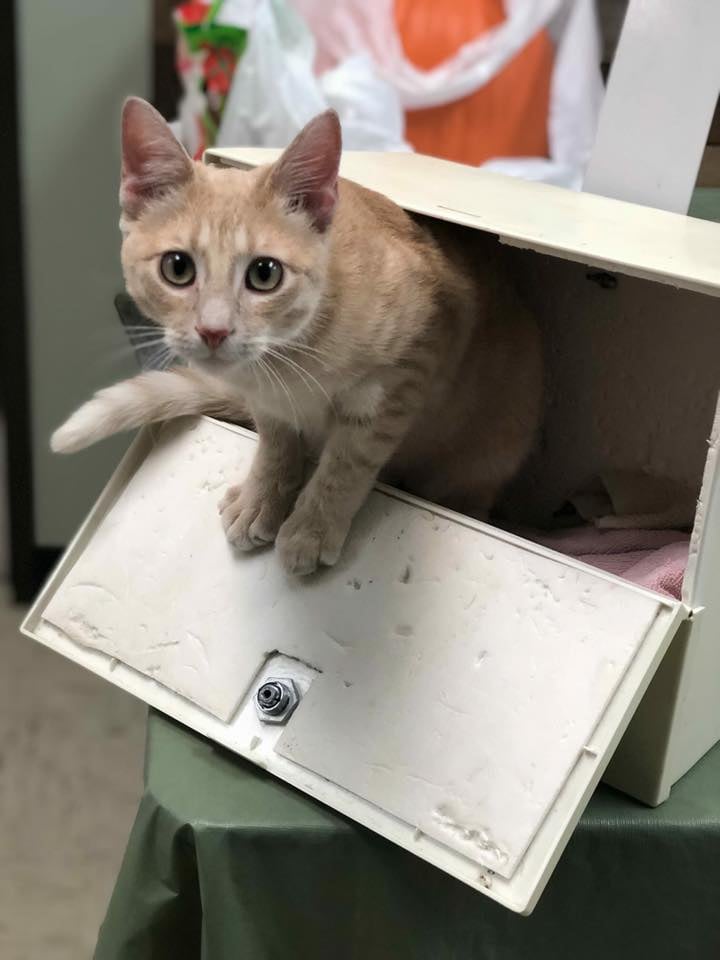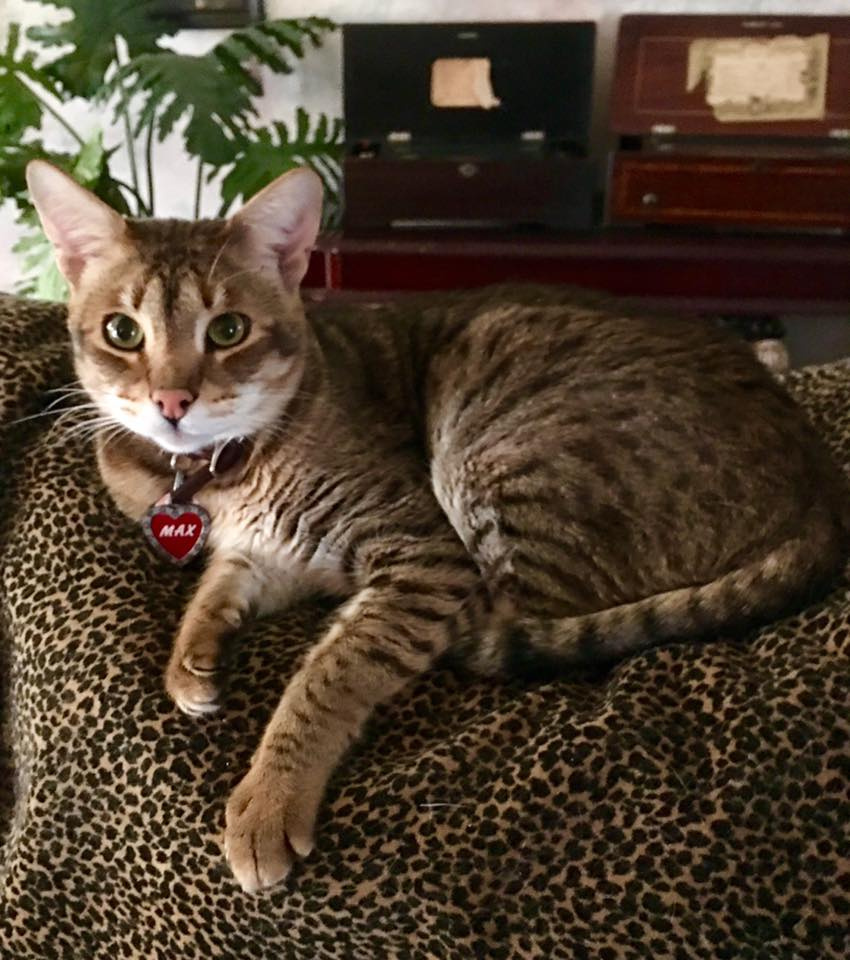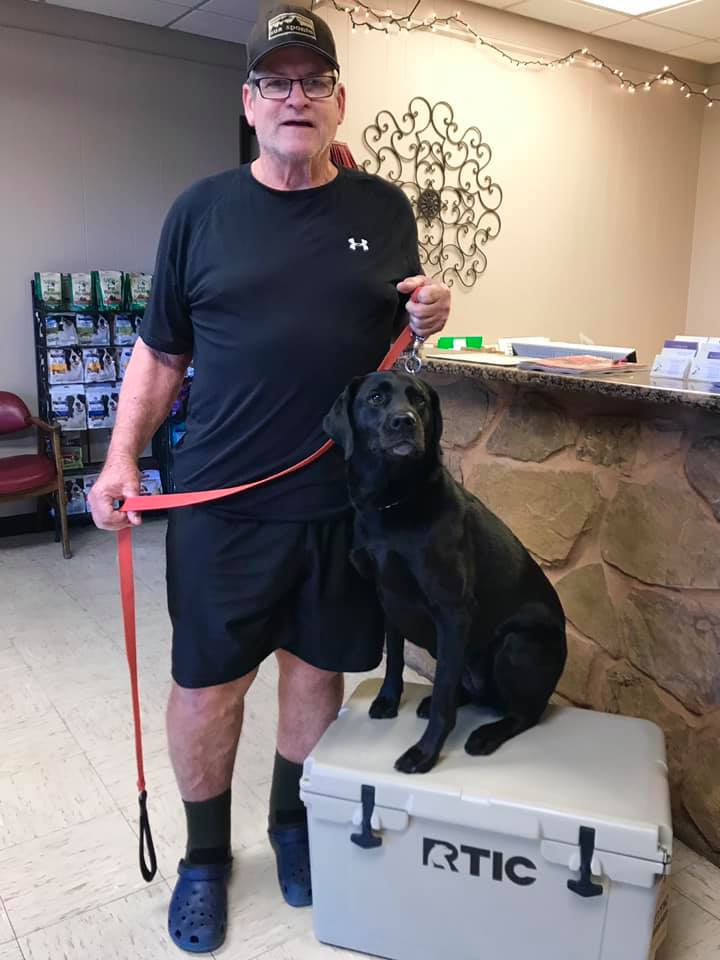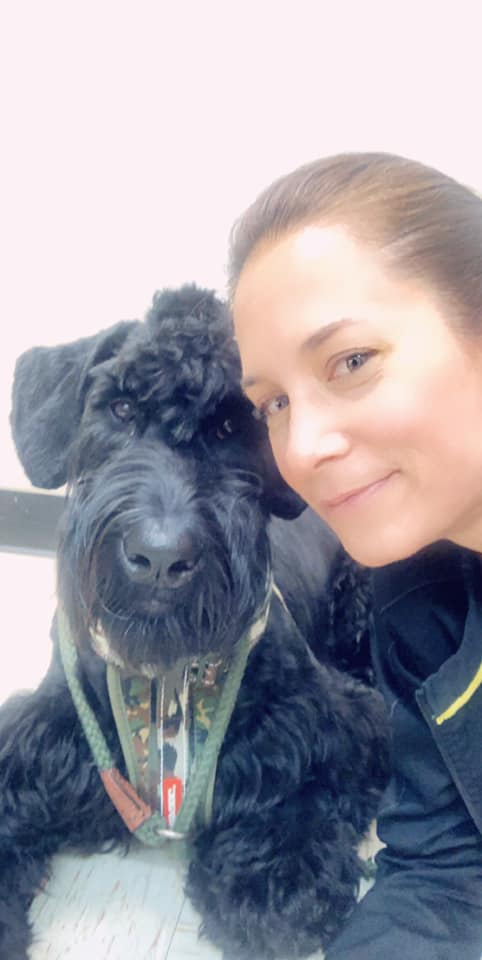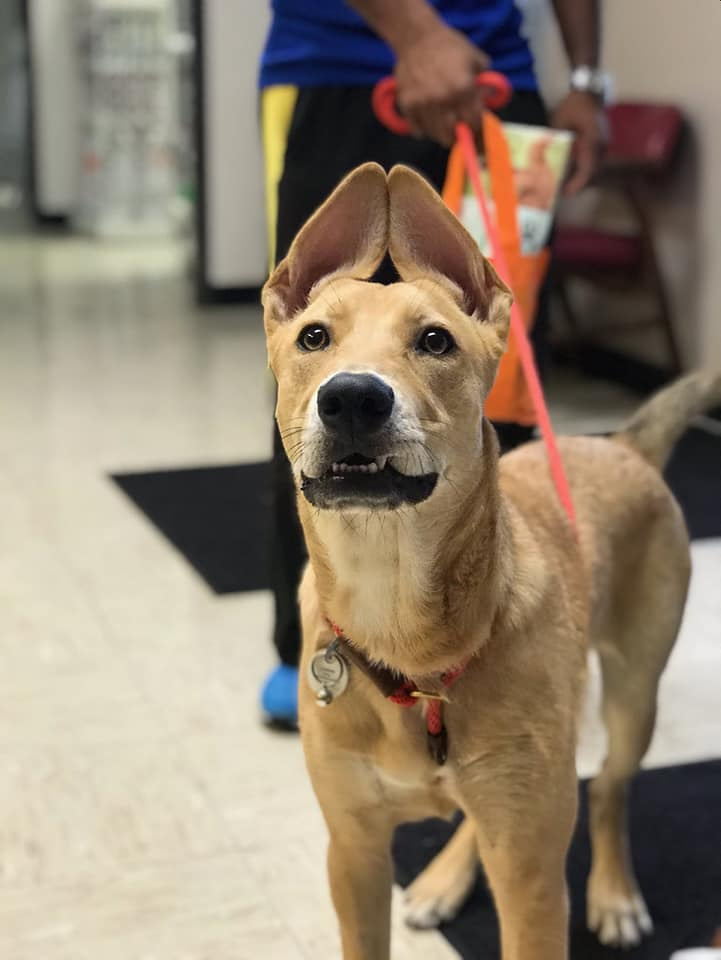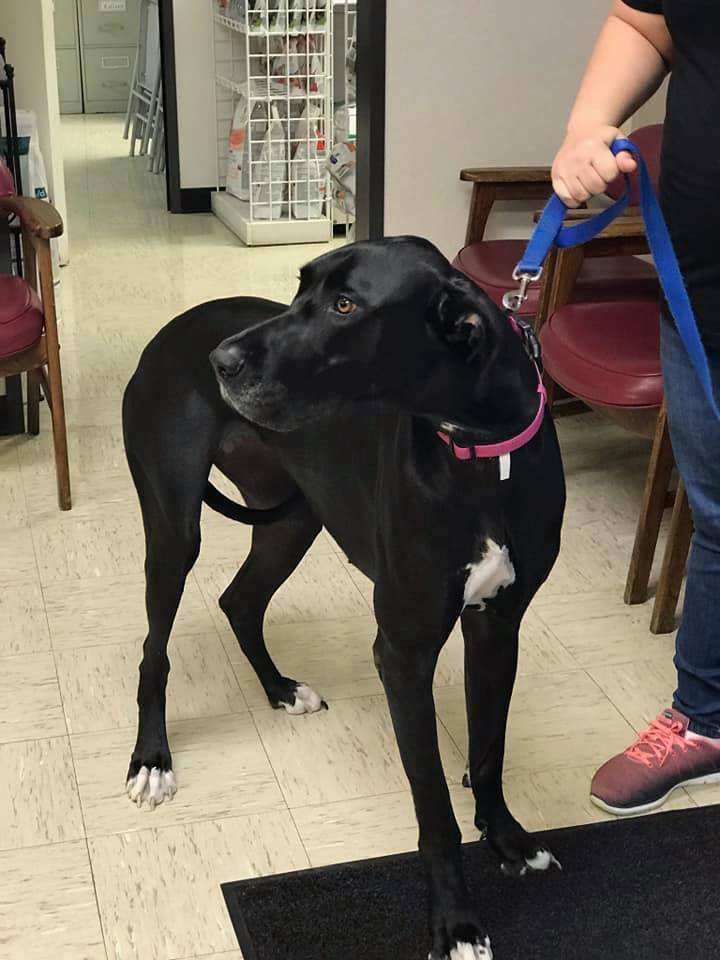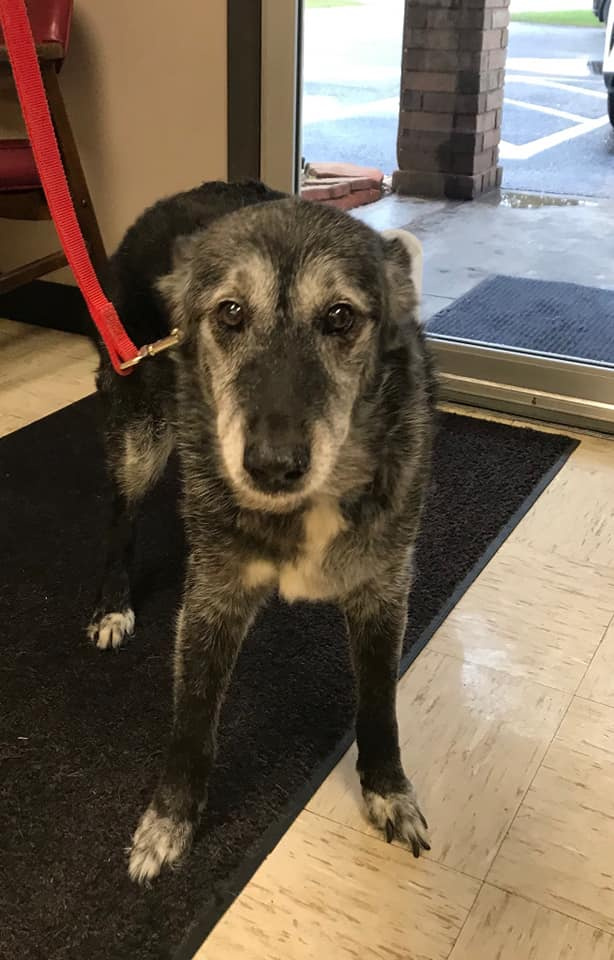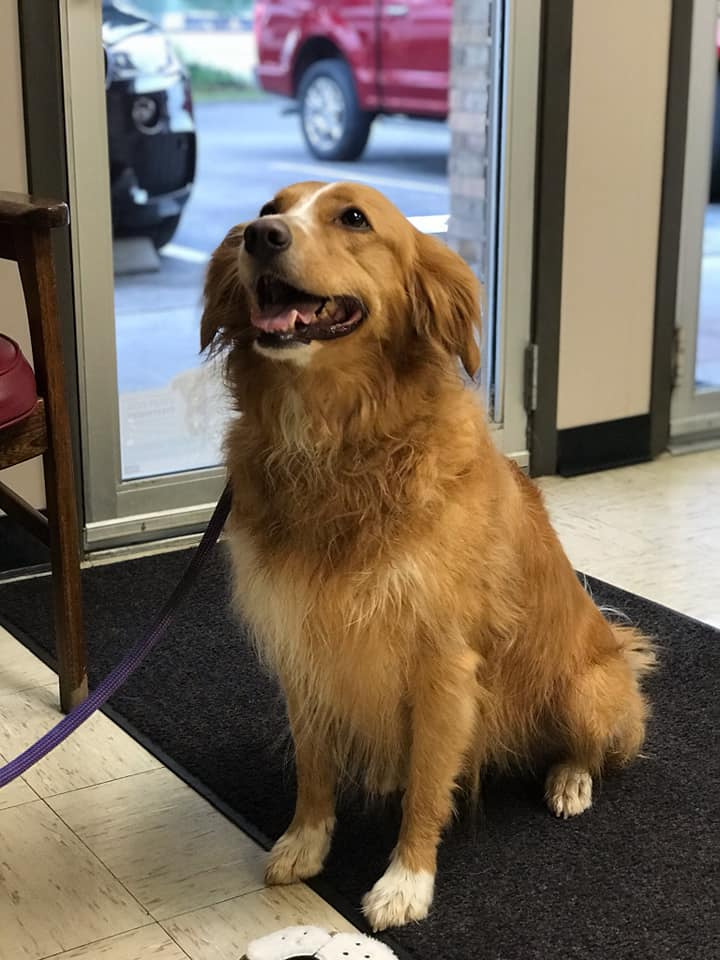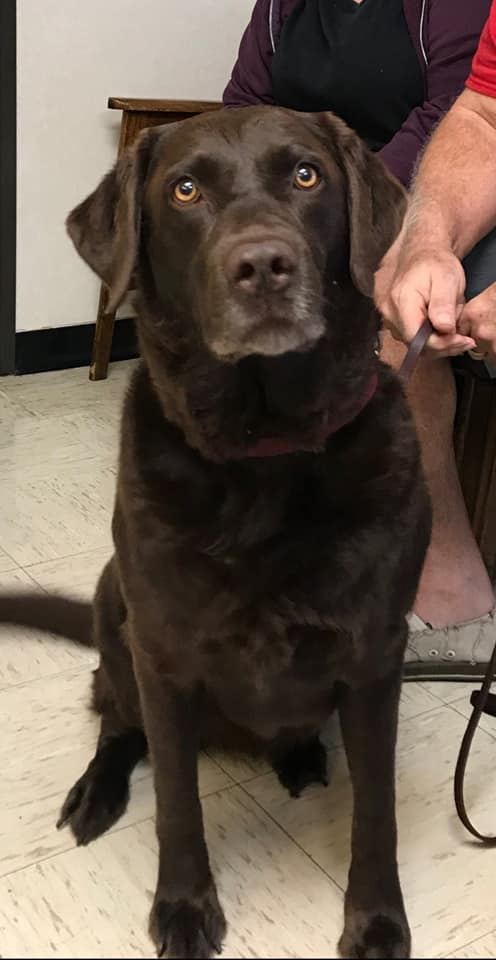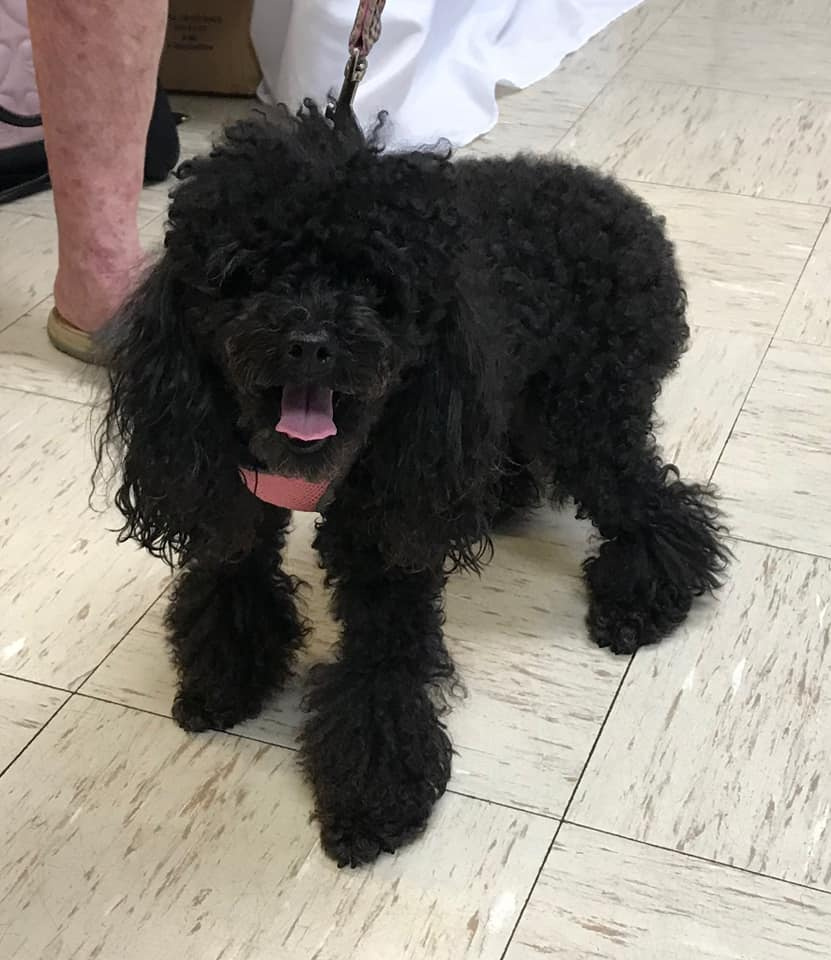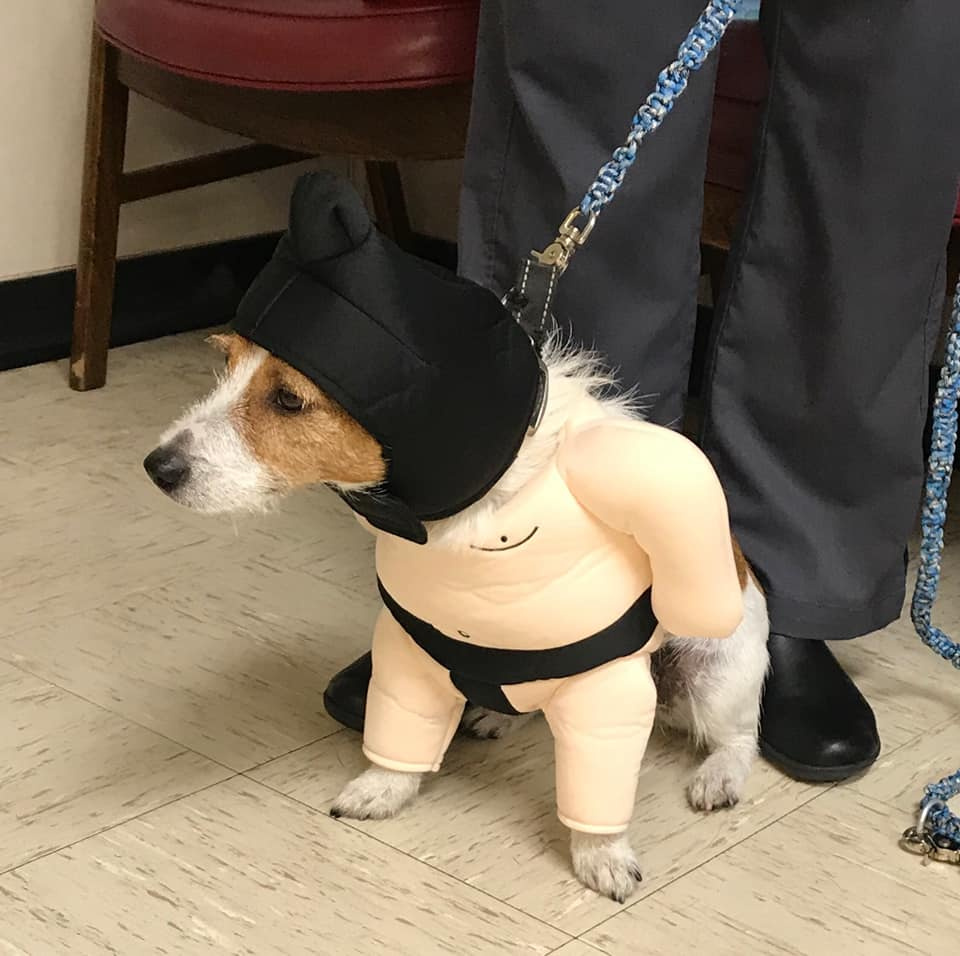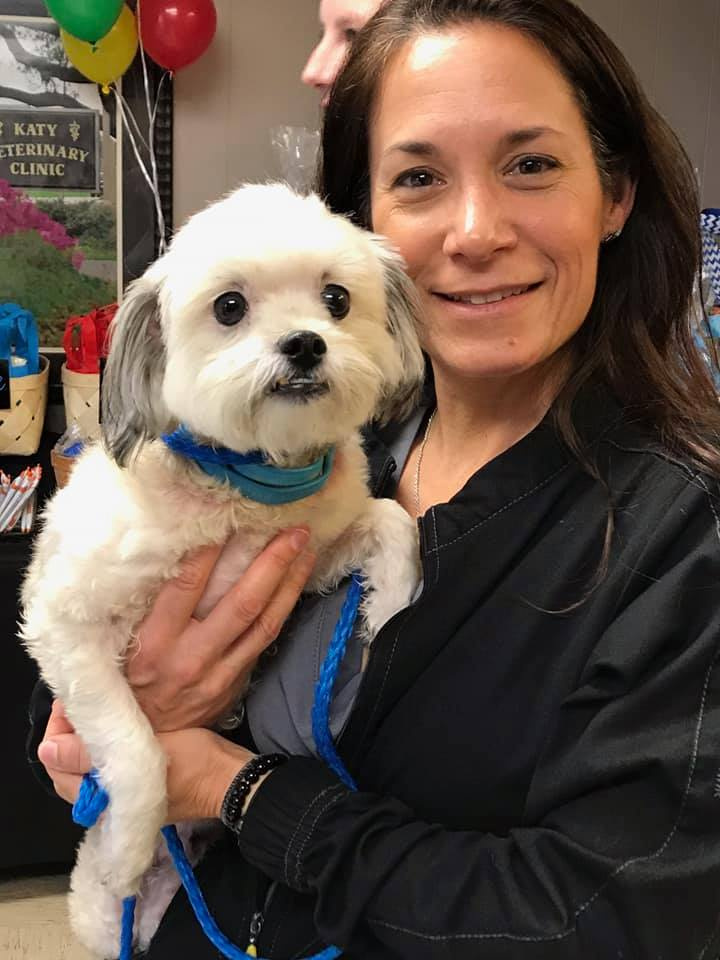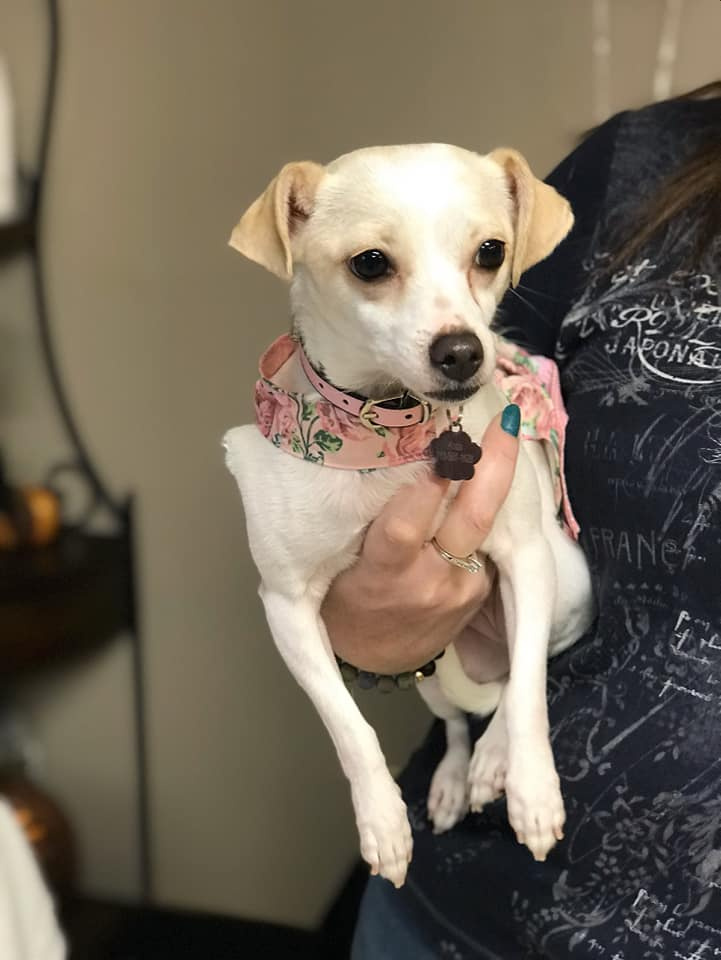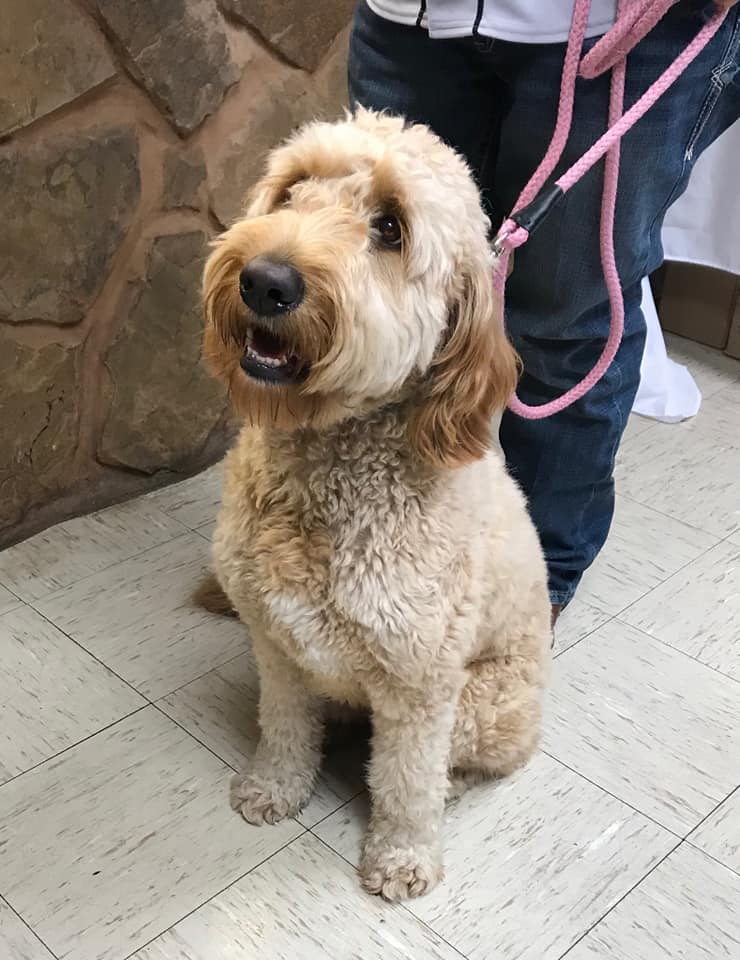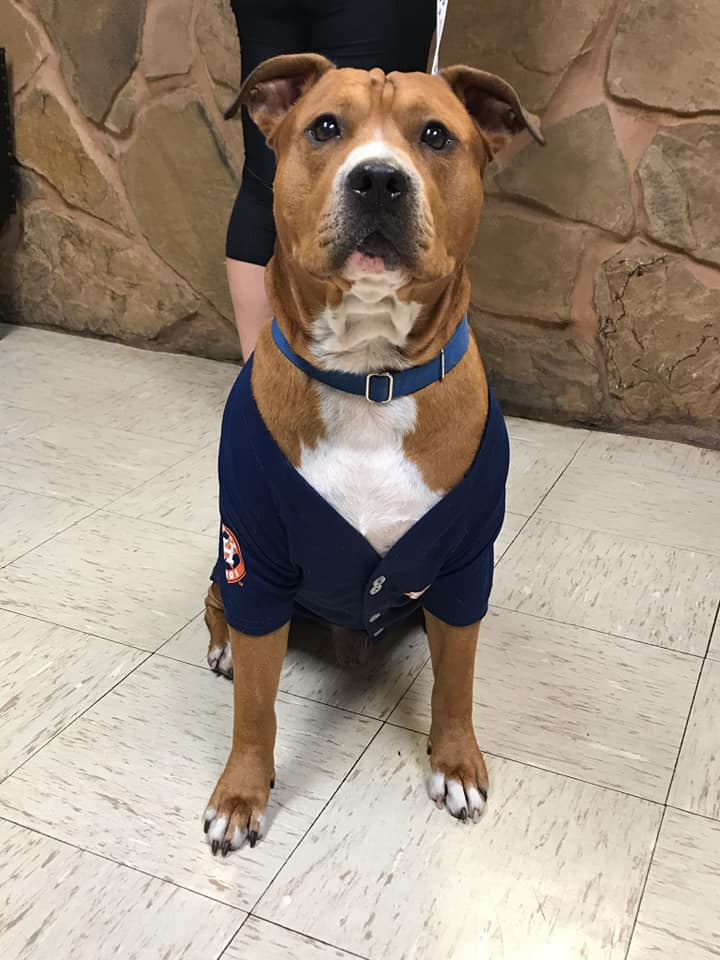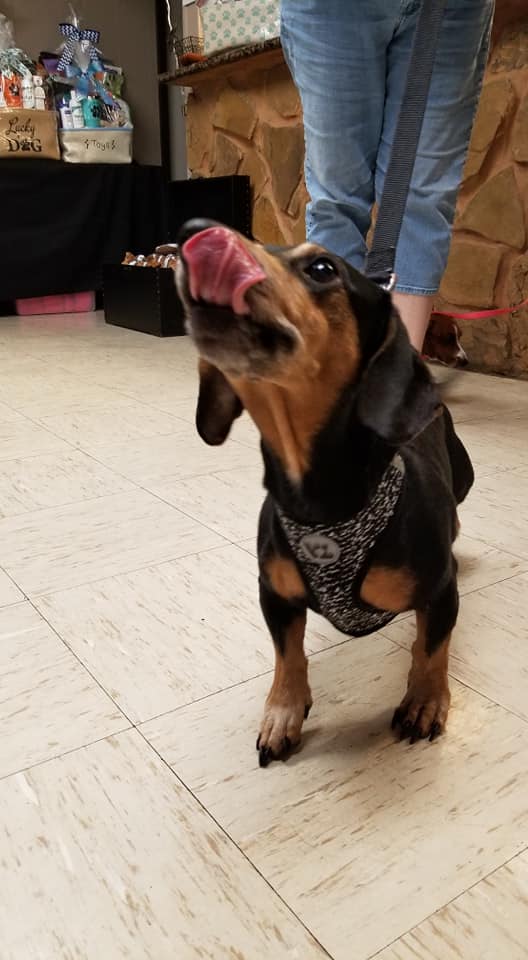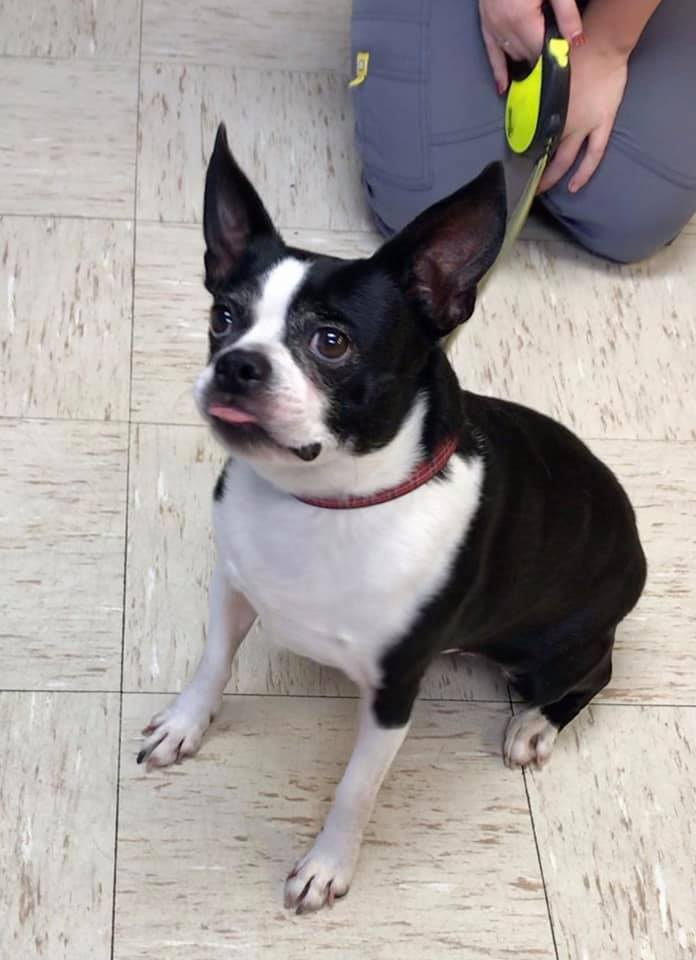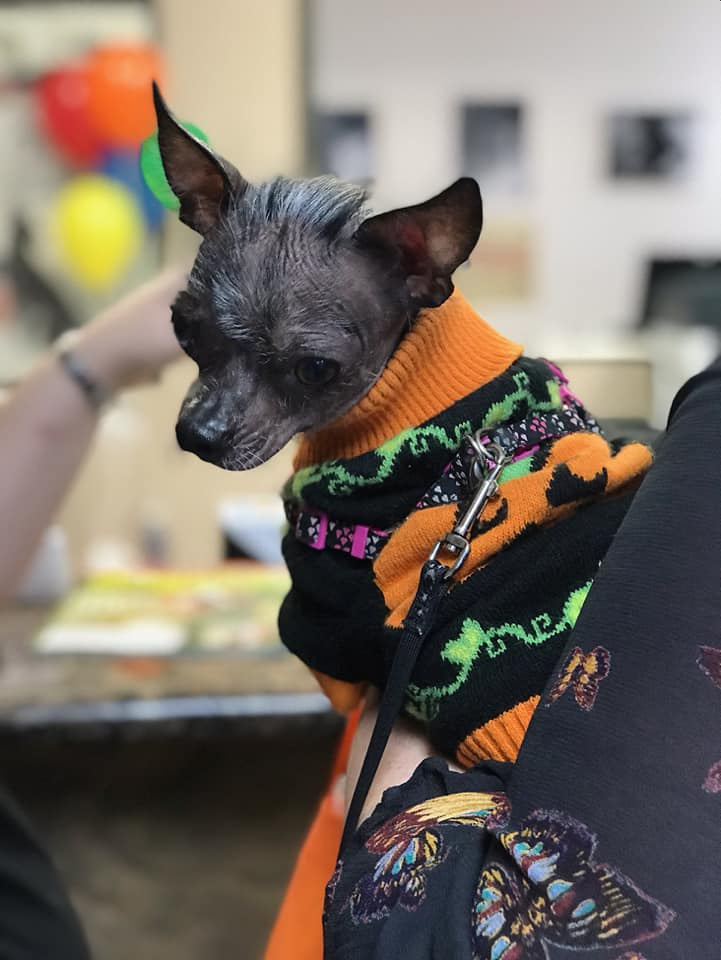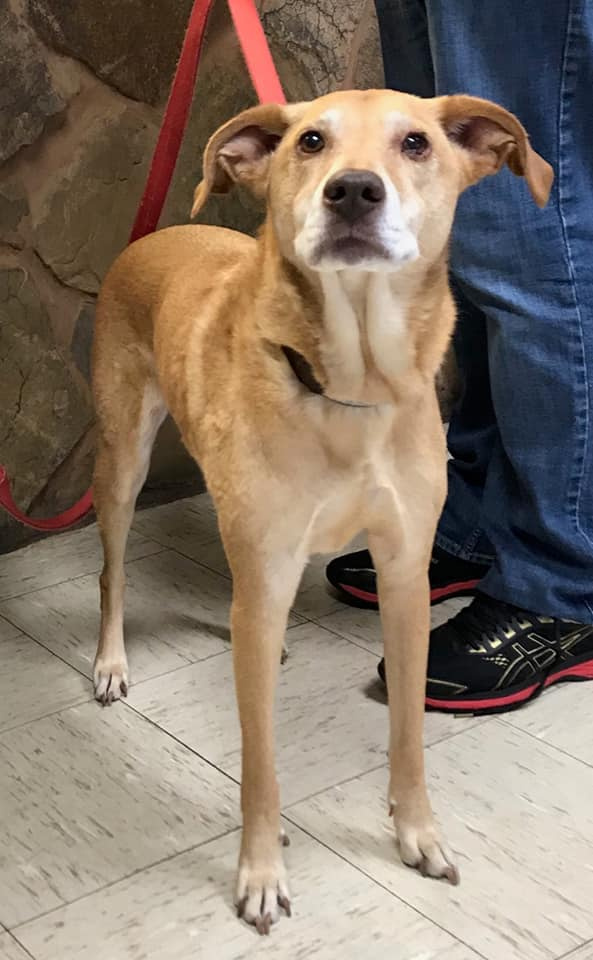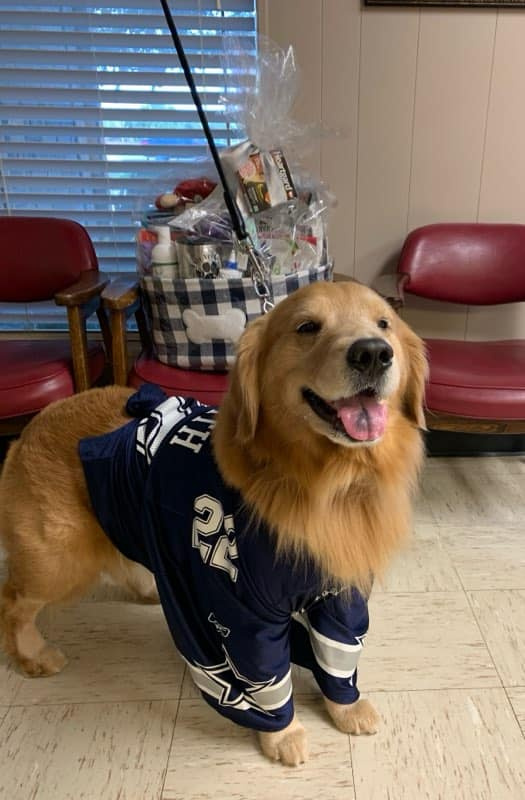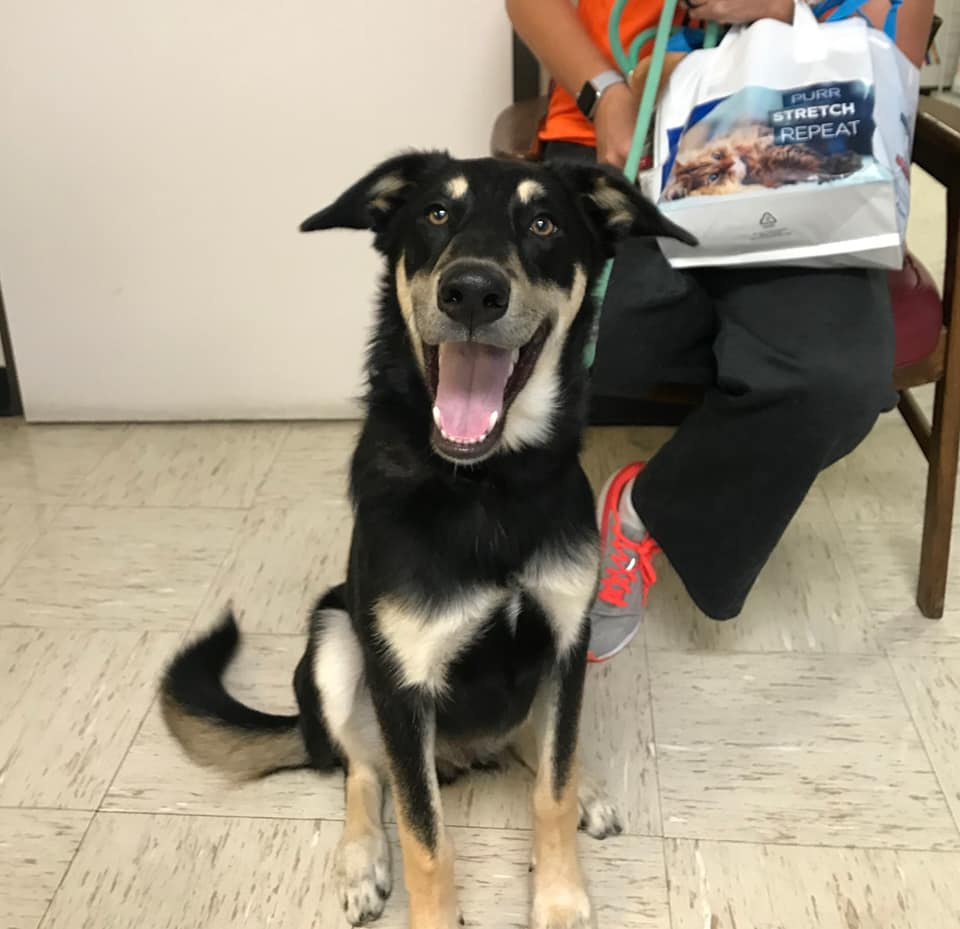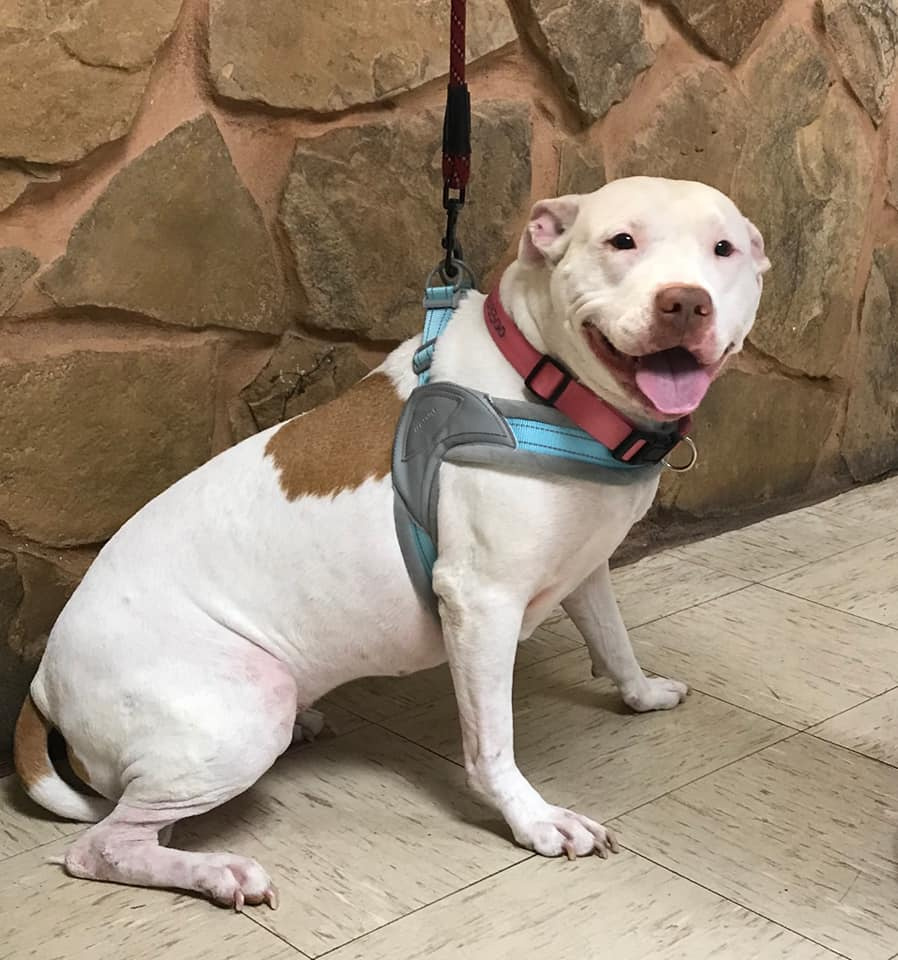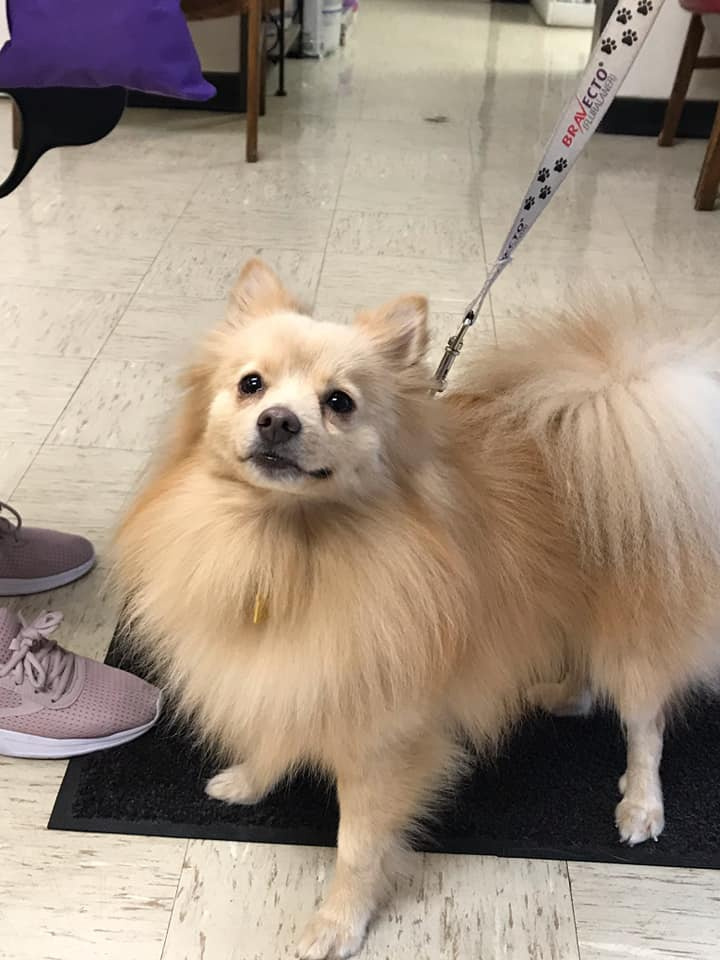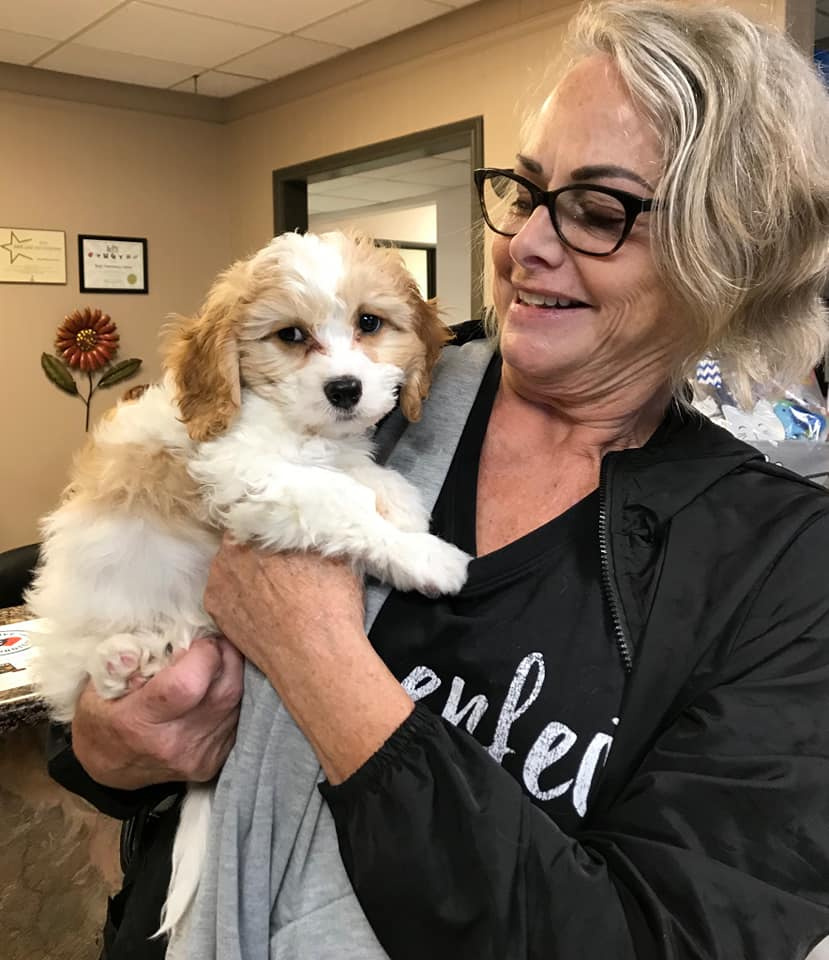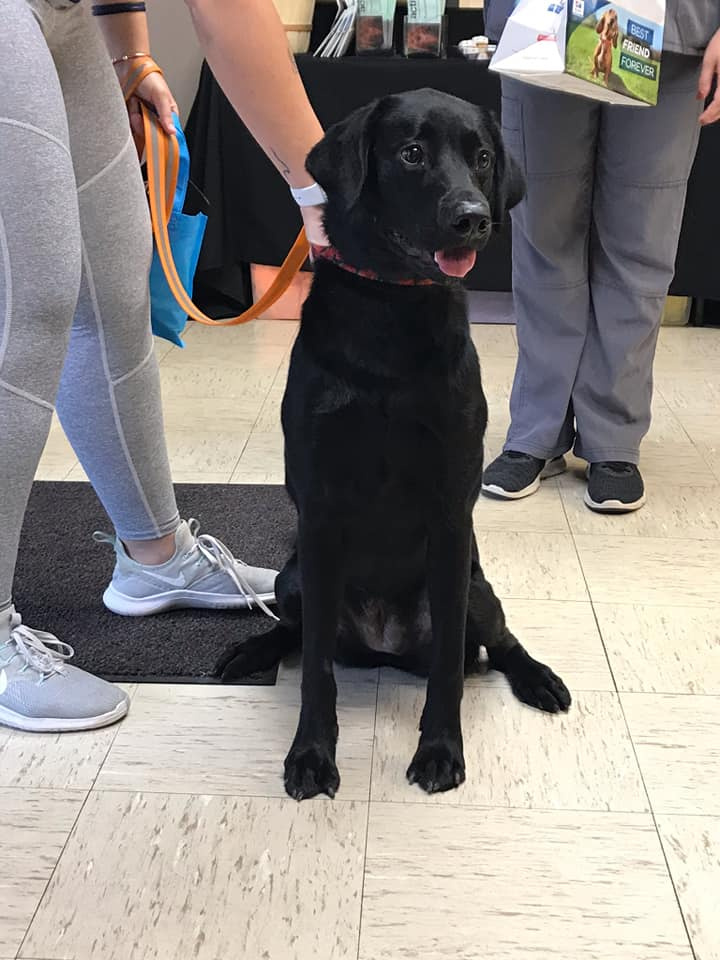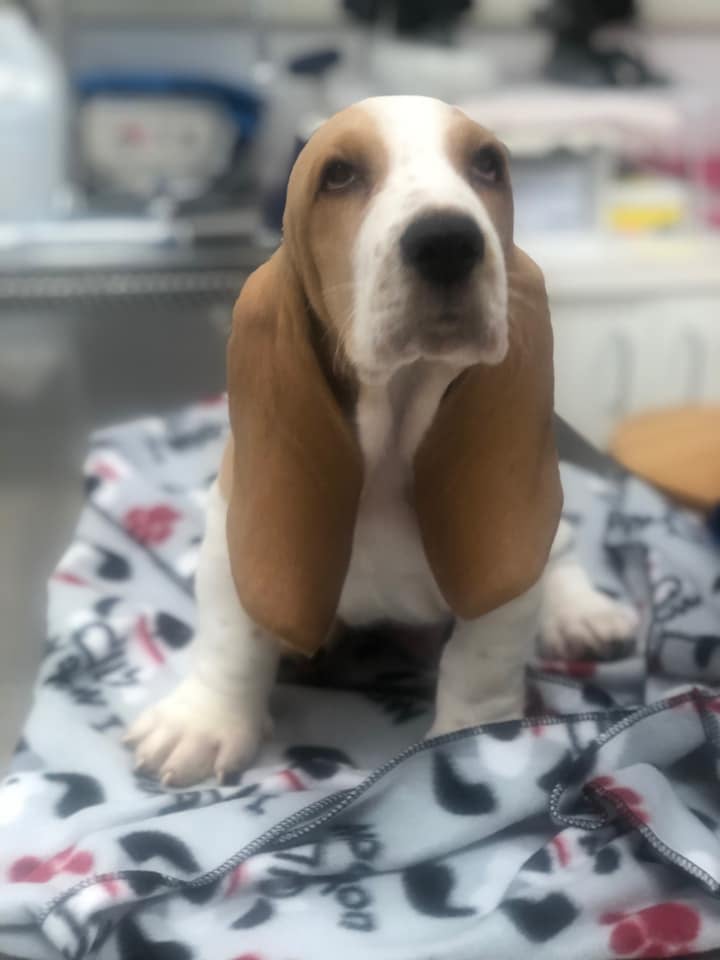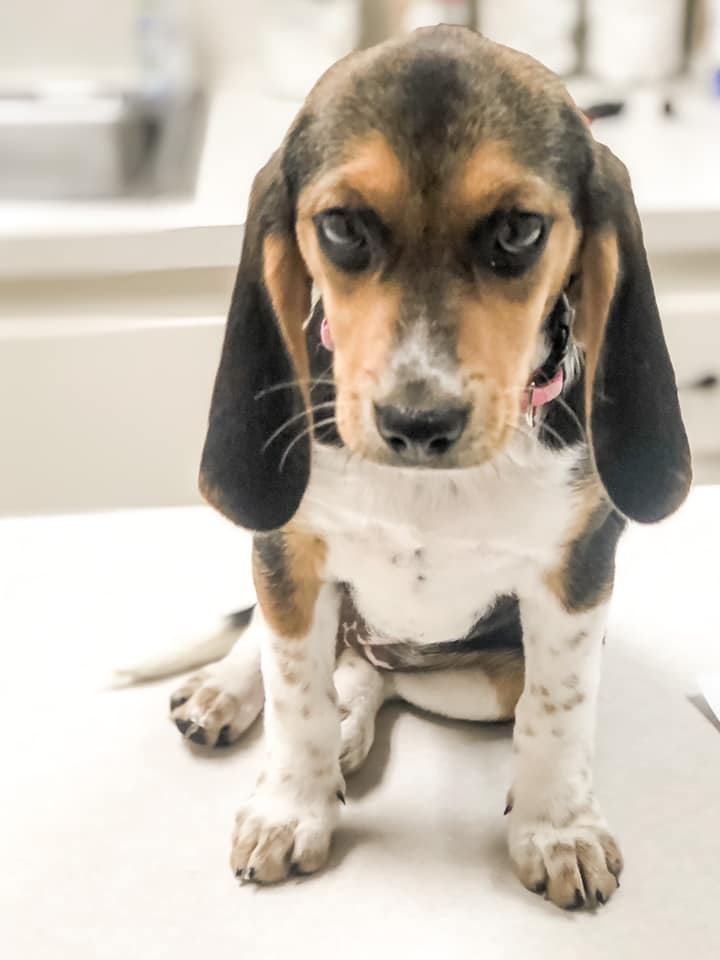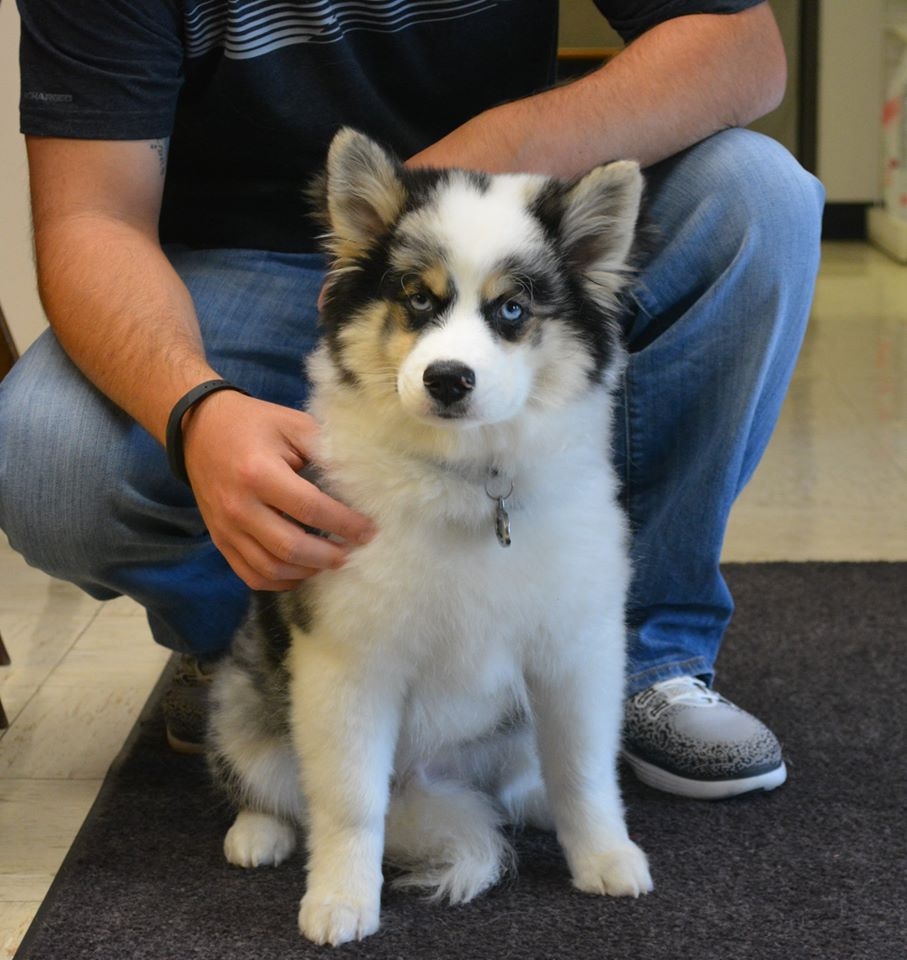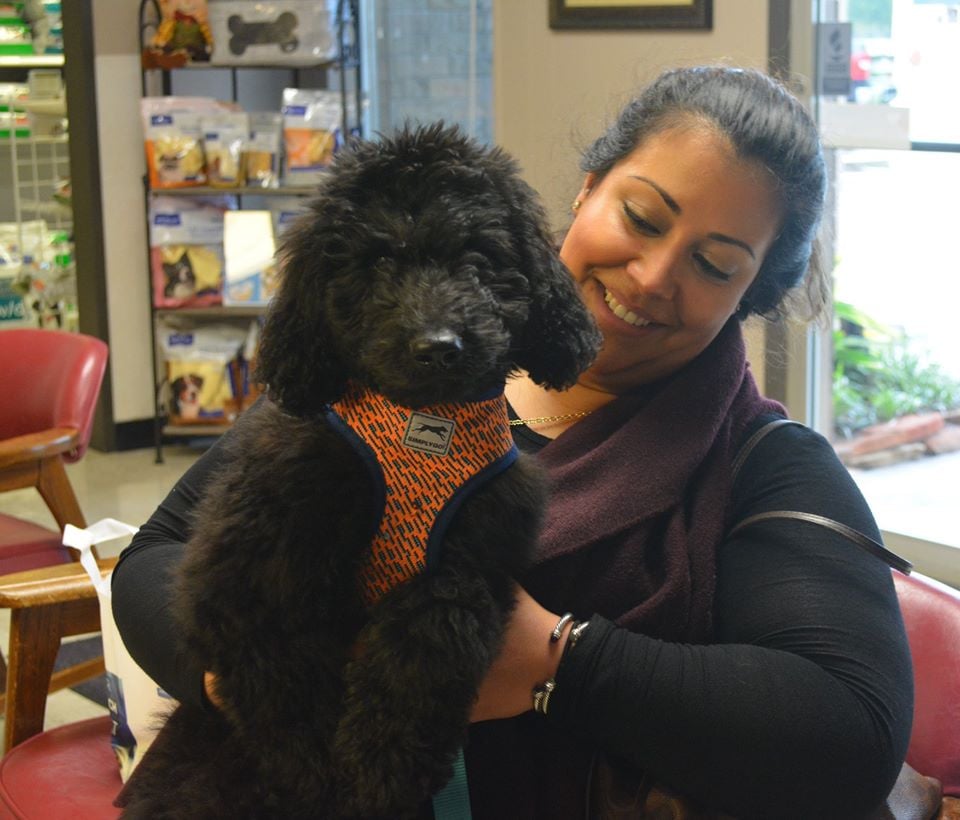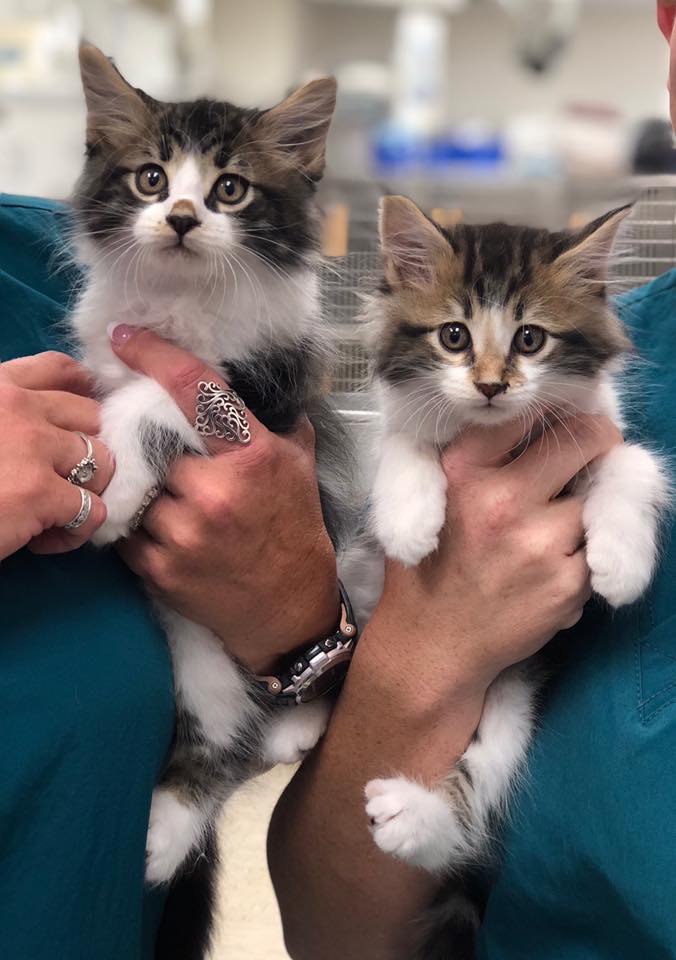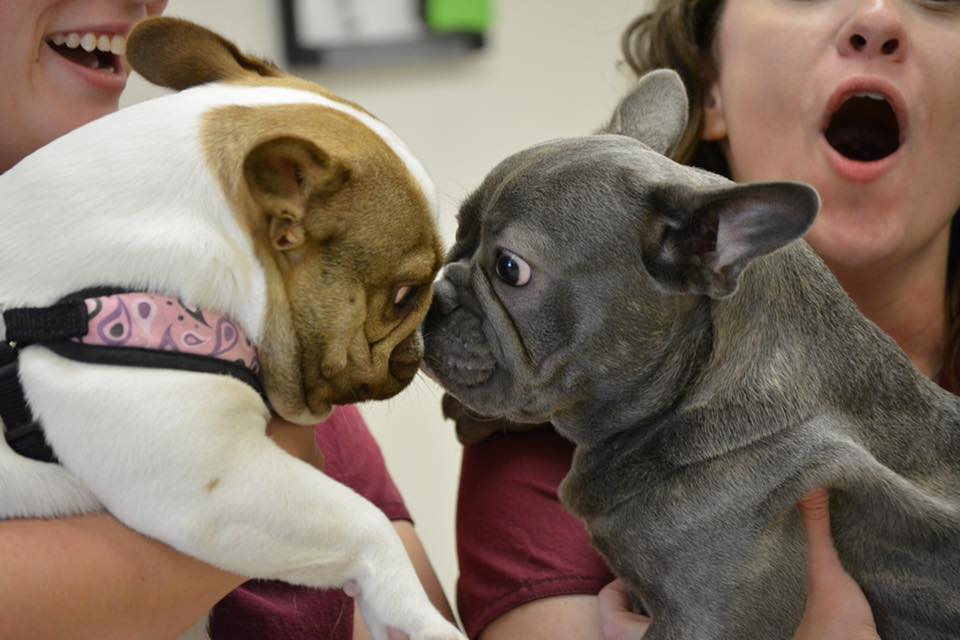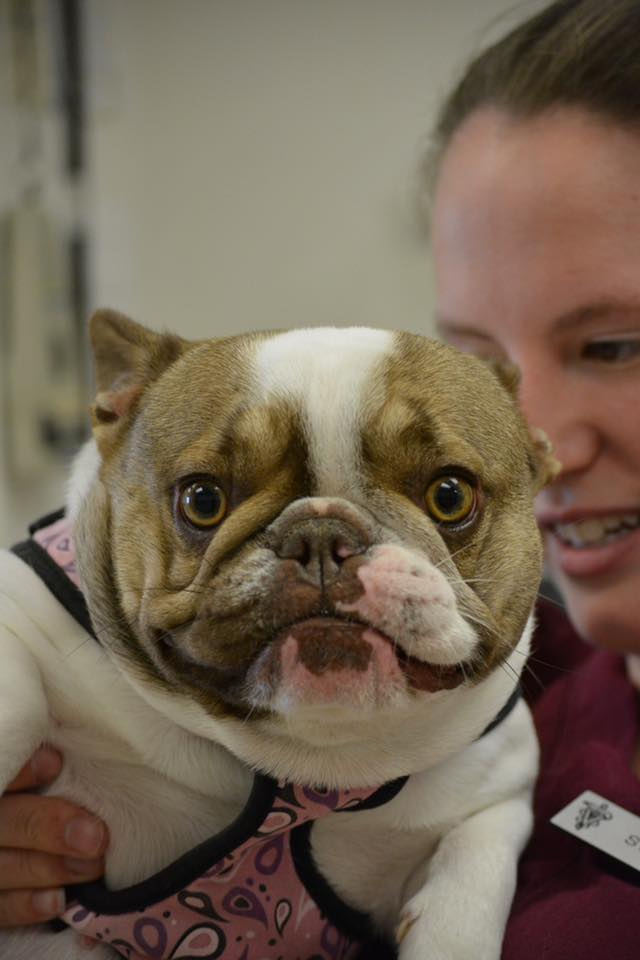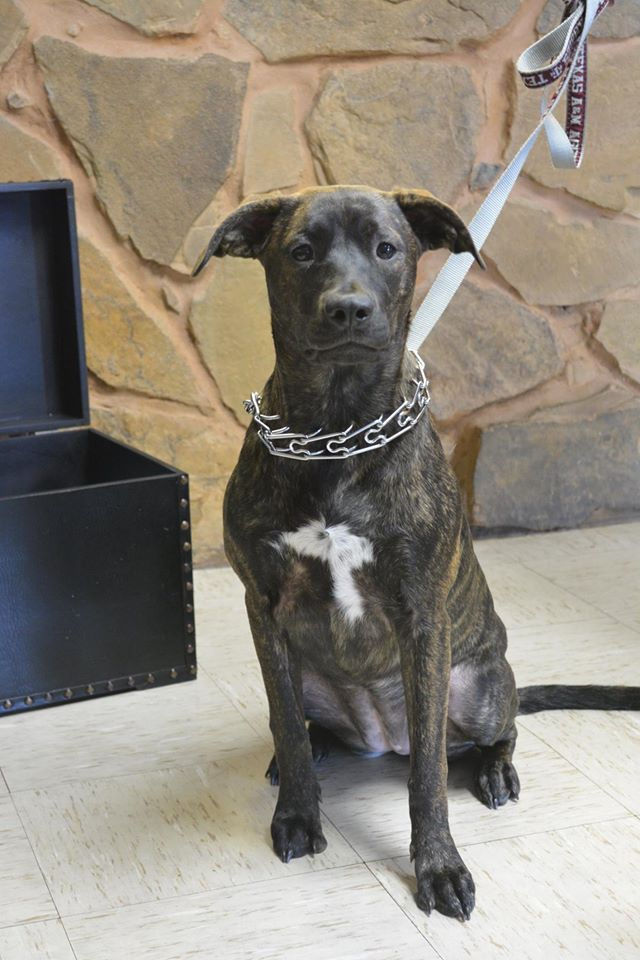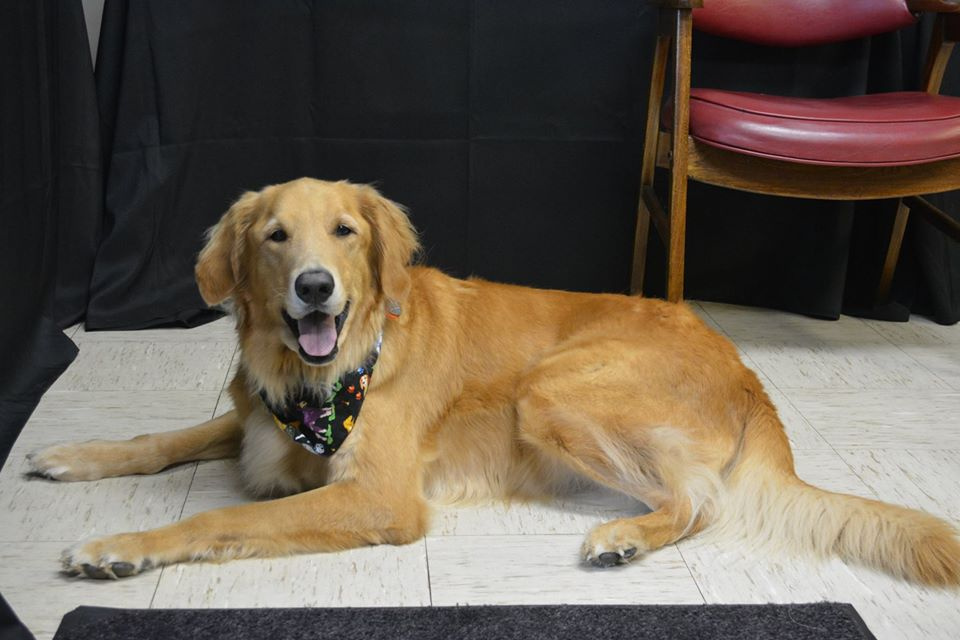Guide to Dental Health for Pets
When it comes to your pets, you likely give them high-quality food, grooming, and affection. But many people think that pets don't need dental care the way humans do. Here is a guide to how you can take care of your pets' oral hygiene.

Oral health in pets
You should have your pet's cheek teeth checked at least every year by your vet. This will help to highlight any of the issues that your pet may be facing.
There are some things that you should have checked as soon as they arise.
If your animal is displaying pain around its mouth
If you noticed bleeding from my mouth or gums
If you have noticed, they are drooling or dropping food more than usual.
Teeth that look covered in tartar or are discolored
Extra teeth or baby teeth that have not been removed
Loose or broken teeth
Bad breath (more than usual)
Any swelling around the lips or mouth, most often your pet will become very irritable if they have dental problems, as it can affect how they eat and drink.
If you noticed any changes in the behavior of your pet, then you should book a visit to your veterinarian as fast as possible.
Please bear in mind that when you are trying to look into the mouth of your pet, if it is painful, they might pull away, or they might encourage you to leave them alone.  Pet dental health is vital to their overall well-being.
Pet dental health is vital to their overall well-being.
Causes of dental problems in pets
Cavities are more common in people than they are in pets; however, do you have some of the same dental issues that humans can develop.
Cysts or tumors in the mouth
Broken jaws, or fractured jaw
Broken teeth and roots
Periodontal disease
Infected teeth and abscesses within the gums
Palate defect, such as a cleft palate
And a misalignment of the teeth and a bite.
By the time your pet is three years old, you are most likely to notice some evidence of periodontal disease. Unfortunately, periodontal disease does get worse as your pets grow older, especially if you do not take steps to get them to the vet.
Early detection for periodontal disease is essential as it can cause severe problems and pain for your pet further down the line.
It should be noted that periodontal disease has also got associations with liver, kidney, and heart muscle changes.
Tata above your pet's gum line can be seen easily; however, below the gum line, plaque and tartar can build up and damage the jawbone and tissue.
Luckily your vet can treat periodontal disease quite easily through regular cleaning. However, they may need to x-ray your pet's jaw just to check the severity of the disease.
A qualified veterinary doctor should only ever undertake filing, extractions, and repair of your pet teeth. Although you can help your pet to clean their teeth by using a specific treat and cheese, anything else is better done by a professional.
